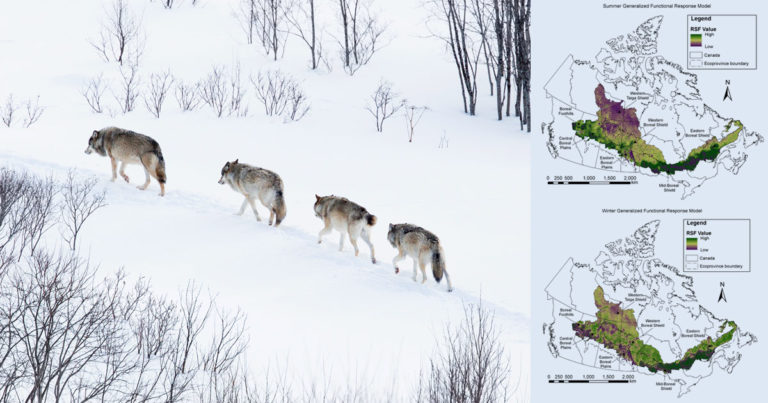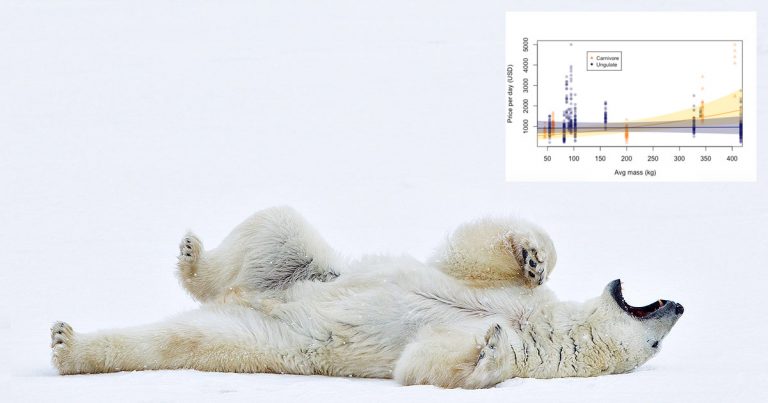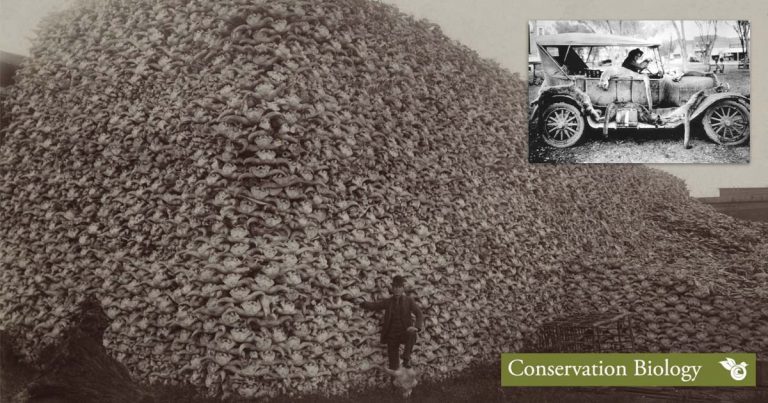Raising the bar: Recovery ambition for species at risk in Canada and the US
An estimated one million species are at risk of extinction globally. In Canada and the United states, there is legislation that is intended to protect species at risk. However, the majority of species are not recovering in either country.







